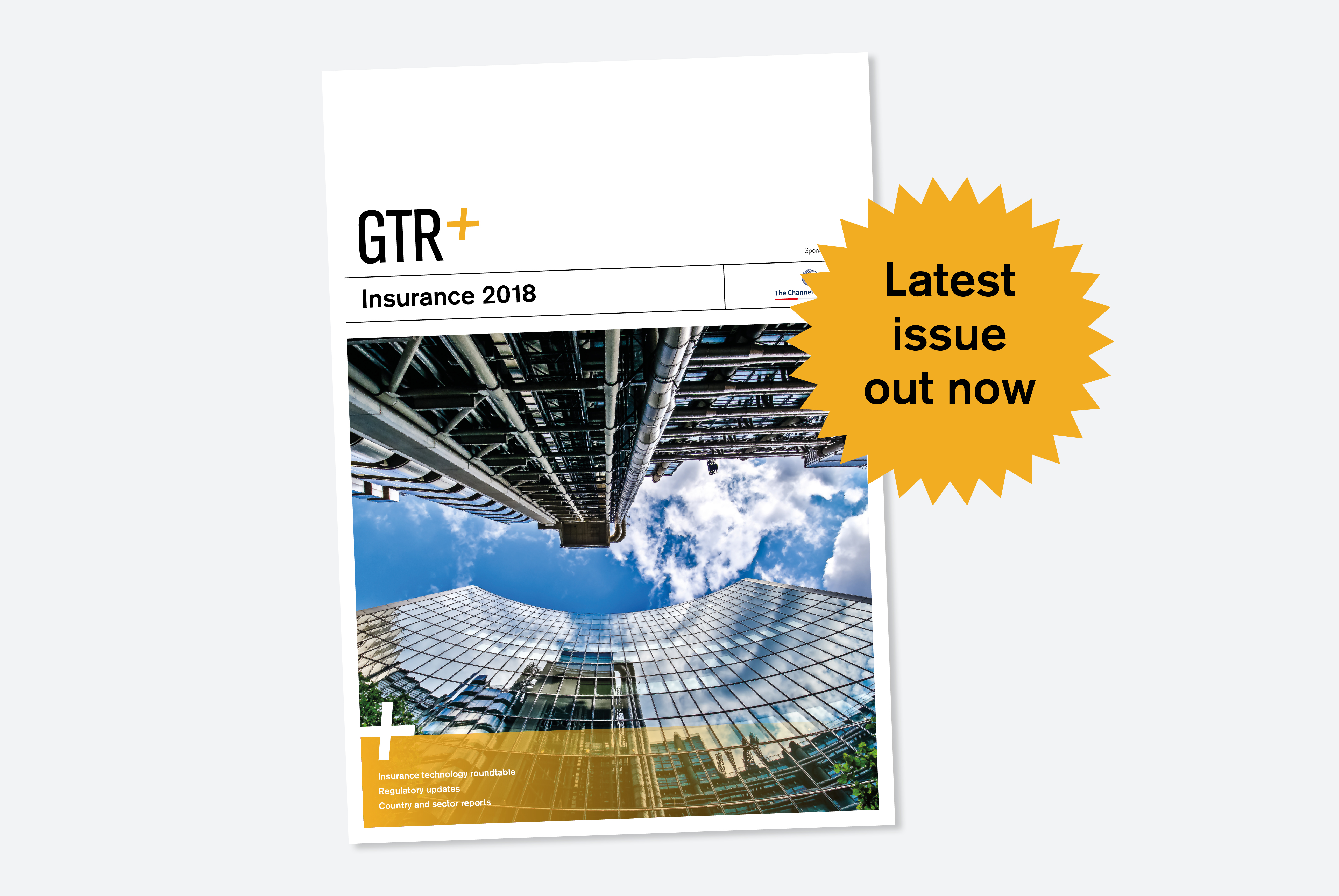From well-publicised takeovers to regulatory changes and the development of use cases for blockchain, the last year has seen the trade credit and political risk insurance landscape evolve at a particularly fast pace.
This publication goes to press four months before the UK exits the European Union, and this too is weighing heavily on the industry. There have been a number of developments in the last month alone: AIG received approval to restructure and transfer its business to two new entities in preparation of Brexit. Marsh recently released a report stating that suppliers are at risk of having insufficient trade credit insurance as some British firms, such as retailers and manufacturers, stockpile goods amid mounting concerns of a no-deal Brexit. And in the chancellor’s 2018 Autumn Budget it was announced that UK Export Finance, the country’s export credit agency, is set to have its direct lending capacity increased by £2bn, from its current capacity of £3bn, to support UK exports in the years after Brexit.
It’s no surprise, given the road ahead, that a lot of our coverage in our annual publication is dedicated to Brexit-related matters: in one feature, we look at how trade credit in the UK is in the eye of the storm as bankruptcies reach record highs, and in another piece we delve into the specific ways that insurers in this market have been readying themselves to continue writing risks from the European Economic Area next year, whatever the outcome of the Brexit negotiations. On the regulatory front, we sum up what the market has learnt from the Prudential Regulation Authority consultation paper, and we also look at the impact of the new Lloyd’s financial guarantee regulations, set to be one of the market’s biggest-ever shake-ups.
Elsewhere, and moving away from the Brexit thread, we present highlights from a roundtable discussion about new trends and innovations in the tech space, and our political risk report profiles three nations that have experienced a steady decrease in country risk over the last 12 months, offering interesting new opportunities to the investment community.
Despite the ‘new normal’ of global uncertainty for international trade and investment, the market can take some comfort from the Berne Union’s recently-published half-year results, which show what it calls “stable” business for credit and investment insurers, with figures being comparable to the results from the previous period.
At 28%, Western Europe still accounts for the majority of new business overall, whereas the biggest increase by volume for this period was largely concentrated in North America and East Asia, and the fastest growth was seen in North Africa. In terms of claims, the largest payments resulted from default by obligors located in Venezuela and Turkey. Very interestingly, Western Europe accounted for only 6% of claims – considerably lower than its share of exposure, and despite a sharp increase in claims in the UK.







